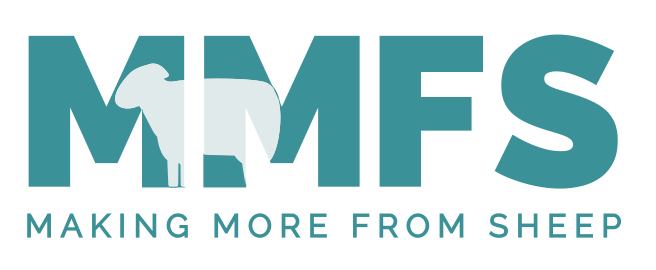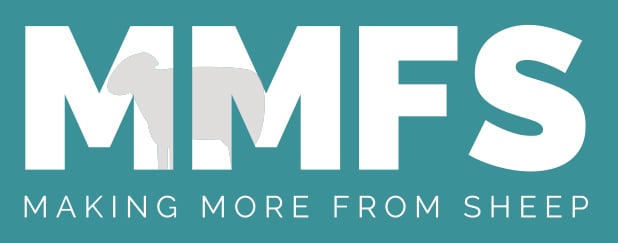Chapter 4.1 Define your business culture and values
Chapter 4.1 Define your business culture and values
Background information
Culture refers to the demonstrable values, beliefs and behaviours that determine how a company's employees and management interact and perform.
Values provide guidelines for how people behave. They provide guides for decision making and assist in making choices that reflect the desired brand image of your business. Values:
- Are culturally acquired
- Are difficult to measure
- Determine your goals
- Come from many different sources.
Business owners have direct influence on behaviour and, therefore, culture of their business. Teams with similar values, therefore culture, have a good strategic fit and can be described as a high-performance team with good ‘cultural fit’.
Cultural fit is a concept that can be hard to define, but everyone knows when it is missing. When your organisational culture aligns with your business strategy, it accelerates growth, improves employee engagement and productivity, reduces risk and builds your business. But when it doesn’t align, it can stand in the way of success.
If employee values are not consistent with the values of the owners there is a chance a poor business culture could develop, and this can be difficult to change. It can take just one person to create a poor culture.
Avoid confusing personal similarities with cultural fit; your recruitment strategy should be inclusive and equitable. Hiring or working with service providers with good cultural fit can improve employee satisfaction, engagement, productivity and retention.
A shared sense of purpose for your business can be shaped by values and goals that are important to you and your family/business team. Values and goals help people in the business remain focused on what they want out of the business. Check out chapter 1.2 and tool 1.4 in MMFS Module 1 Plan for Success for more information on exploring values and goals in your business.
The values of a business, organisation or committee need to be defined by the leadership group. If the organisation doesn’t take control of the values in an agreed fashion, others will define it.
Often employees consider the values held by a potential employer and can base their decision on whether they apply for a position, or not, based on the values the employer expresses.
Values also link to attitude. A team is more likely to work effectively if values align.
Employers could also consider the values of potential employees when recruiting. A practical approach for this is to employ on values and attitude, and train on skills.
At a glance
- Business owners have direct influence on behaviour and therefore culture of their business.
- Teams with similar values, therefore culture, have a good strategic fit and can be described as a high-performance team.
- A shared sense of purpose for your business can be shaped by values and goals that are important to you and your family/business team.
“Culture eats strategy for breakfast” is a famous quote from management consultant Peter Drucker. This means that you can have the most perfect strategy and it will come undone via a bad culture. You can see this frequently play out with sporting teams, they have the perfect game plan but a poor culture will be the difference between winning and losing.
It is important that the values and culture of your business are discussed and communicated with your whole family or team.
When thinking of values, brainstorm a list of what your values are. Once you have a list of around 10 values, share and discuss these with your family or team. It is critical to explore these and what they look like to each member. For example, sustainability is often a value but it could relate to environmental, financial or business sustainability, or a combination thereof.
Once you have a shortlist of values, describe the behaviour that demonstrates this in your business. For example, you value environmental sustainability; the behaviours are annual tree planting program, disciplined recycling and focus on reducing waste wherever possible.
Use tool 4.1 to define your values and culture statement.
SIGNPOSTS
WATCH & LISTEN
Insights, advice, tips, tricks and wisdom from the leaders in the industry on all things agribusiness, from finance to management, compliance, innovations, heartwarming personal stories and triumphs of all that have been where you are.
READ
The art of excellent farming starts with making first-rate choices about yourself so that you can make the best decisions about crops, people and money.
A compelling science-based case about how rural leaders can support themselves and their people to do well and be well at work. Sustainable high performance can be achieved by leading with a human-centric approach, that puts wellbeing at the centre.
‘Culture eats strategy for breakfast’ is a famous quote from management consultant and writer Peter Drucker. He didn’t mean that strategy was unimportant – rather that a powerful and empowering culture was a surer route to organisational success.
Top tips from key players in the red meat industry for attracting and retaining quality staff, cementing your agribusiness as an ‘employer of choice’.
Information on employment law, news, career management and professional practice. A free resource built for all employees and employers within the agricultural industry.
Defining your values can help you make decisions, guide your career, and even live a happier life. But how can you think about your values in an intentional way?
USE
Understand yourself and your team better by better understanding how personality types influence many areas of our life. Improve communication, create harmony, and help team members develop their individual strengths.
ATTEND
A national program for young people in all facets of the wool industry which develops their leadership and professional skills.






